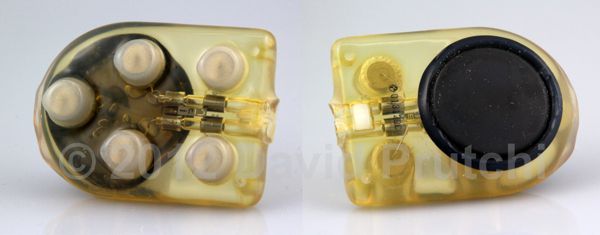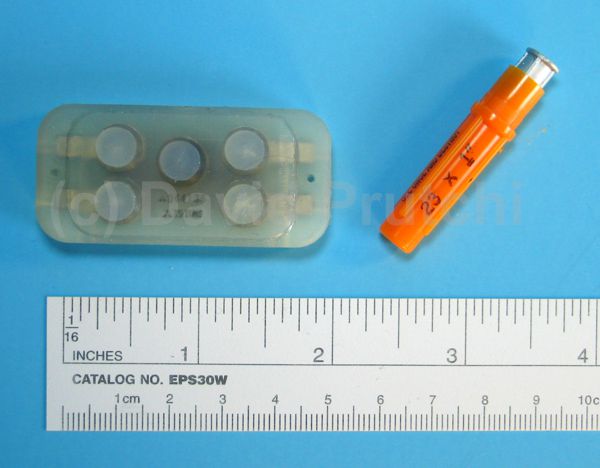The development of medical devices, drugs, and treatments depends on accurately retrieving clinical data from implanted animals. Implantable data collecting and sensing devices provide one way to retrieve these data. These device often include sensors or electrodes which must be implanted within the subject in order to provide clinicians with access to the sensed information.
Retrieving data from implanted sensors poses a potential problem since data frequently must be retrieved on numerous different occasions and over an extended period of time. If surgery is required each time data is retrieved, the subject may be overly exposed to stress, trauma, or risk of infection. In order to develop and test cardiac pacemakers and defibrillators, for example, clinicians need to monitor electrical activity of the subject’s heart. One way to monitor this activity is to surgically implant one end of a lead to the heart. The other end of the lead may be left subcutaneously (i.e., under the skin) or transcutaneously (i.e., through the skin). In the former instance, access to the electrode may require an invasive procedure, such as surgery. In the latter instance, prolonged and chronic exposure of the electrode through the skin may cause discomfort, lead to infection, or cause damaging stress on the electrode.

Diagram from D. Prutchi, R. Simmons, U.S. Patent 5,701,895, "Subcutaneous electrical data port", 1997
The Data Block (also known as a “Data Port”) shown in the picture allows minimally invasive access to an implanted electrode or sensor. It is surgically implanted beneath the subject’s skin and then electrically connected to the implanted lead or sensor. Access ports are located on the body of the data port and provide electrical access to the implanted lead or sensor. When electrical connection to an implanted electrode is required, a conductive needle is inserted through the subject’s skin and into one of the access ports. The needle enters the access port and establishes electrical connection with the electrode. Trauma to the subject is minimized since the needle pierces the skin and surgery is not otherwise necessitated.
Data Blocks are commonly manufactured in-house by large implantable-device companies. However, they were also manufactured for sale by InnoMedica (acquired by Biomec in 2000, and Greatbatch in 2007). The only commercial source that mentions these lately is Evergreen Medical in St. Paul, MN.
Patents: Sokup and Block; Prutchi and Simmons

Data Block by Innomedics (purchased by Biomec, and later by Greatbatch Ltd)


